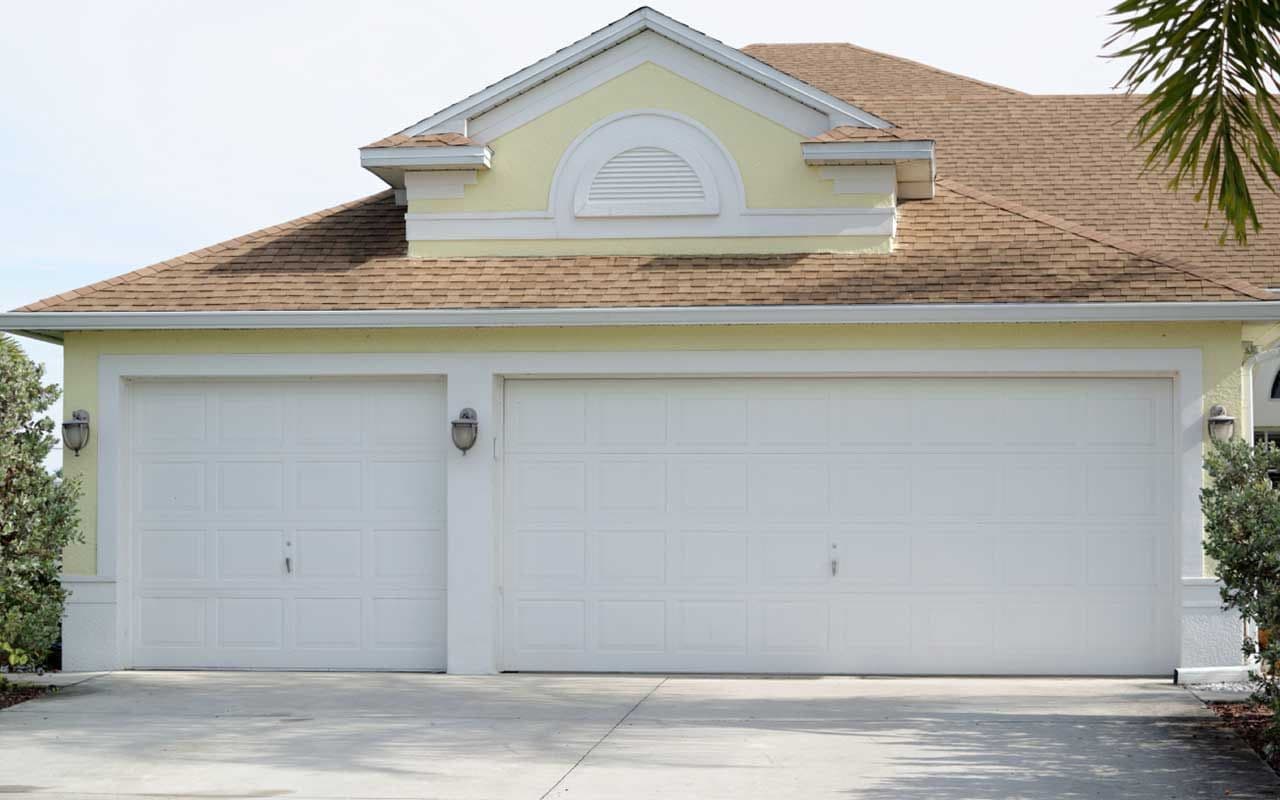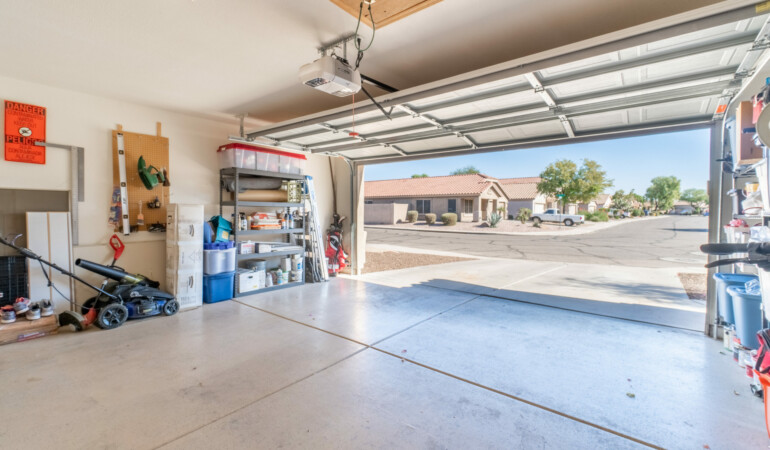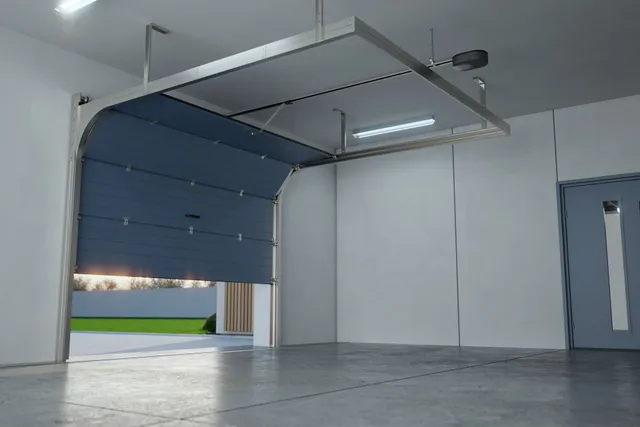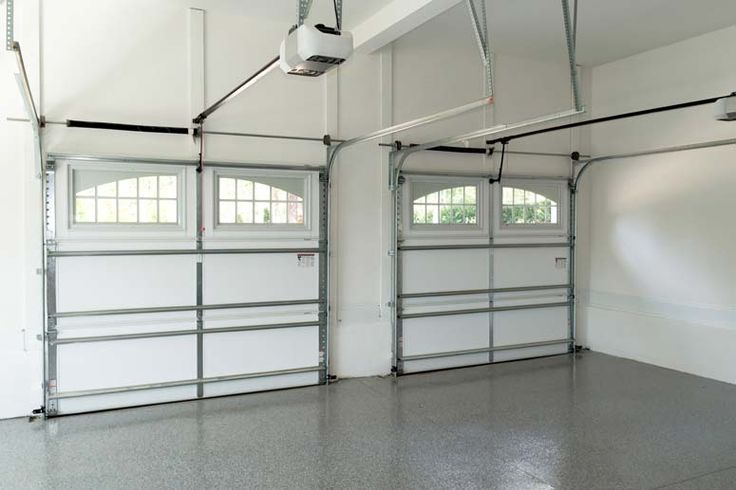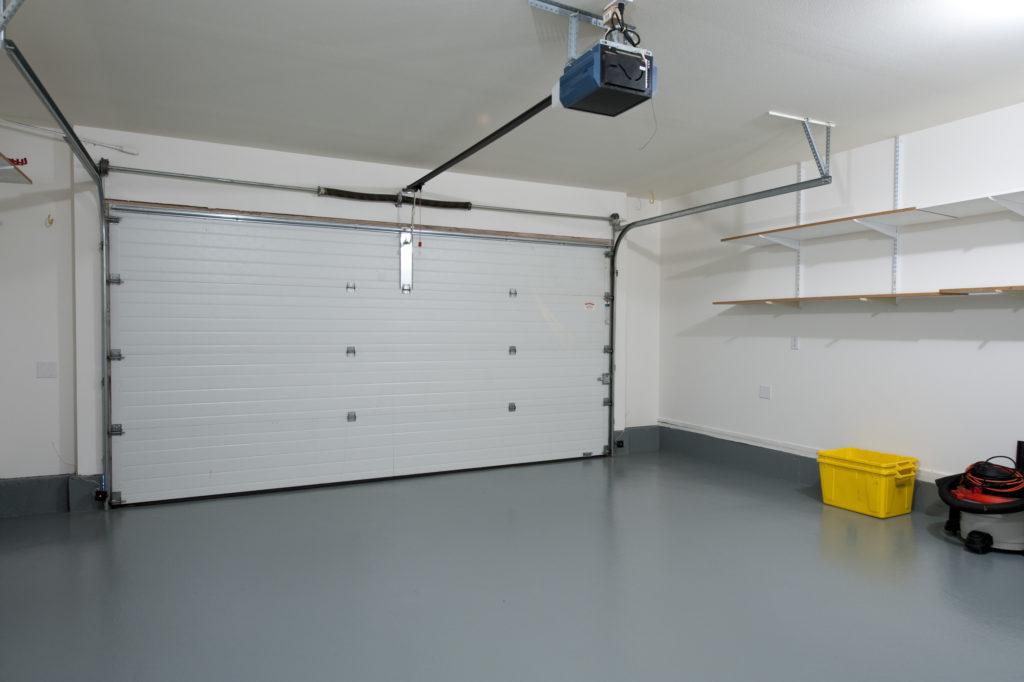The garage door is an indispensable part of a home, often used more frequently than the main entrance. Whether you use it for parking cars, storing items, or as an entryway, maintaining your garage door is crucial. By understanding how to extend garage door lifespan, you not only save yourself from frequent costly repairs but also ensure a smoothly functioning entry to your home. In this article, we will navigate you through essential maintenance tips that can effectively increase the longevity of your garage door.

Understand the Basics of Your Garage Door
To responsibly maintain your garage door, it’s important to start from the basics. Knowing the make, model, and type of garage door you own can aid in understanding specific needs and potential DIY maintenance tips. Most garage doors fall into two main categories: manual and automatic. Each type requires different care techniques to ensure longevity.
The Importance of Regular Inspections
Regular inspections can greatly increase your garage door’s functionality. Check for any unusual noises, jerky movements, or misalignment. If you notice any, it might be a sign that your garage door needs some attention. Consider visiting Testing Garage Door Balance for detailed inspection tips.
Lubrication Is Key
Friction can lead to wear and tear, significantly reducing the lifespan of your garage door. Use a high-quality lubricant to regularly lubricate all moving parts, including rollers, hinges, and tracks. This simple step can prevent friction and ensure smooth operation. Consider an external resource for further reading on Garage Door Maintenance Tips.
Stay on Top of Weather Effects
Weather can greatly impact your garage door’s condition. For example, wood doors can swell with moisture, while metal doors might rust. Regular cleaning and sealing can protect your door from the elements. Consider investing in insulated garage doors as they provide added protection against temperature extremes. Read more about this in Benefits of Insulated Garage Doors.
Dealing with Common Problems
Even with regular maintenance, problems might occur. Common issues include misaligned tracks, broken springs, or an unresponsive opener. Knowing how to address these problems timely prevents them from escalating into more serious issues. For example, taking action when your garage door wont close can save time and prevent frustrationexplore solutions with Garage Door Closing Solutions.
Professional Maintenance: When to Call the Experts
There will be moments when professional assistance becomes necessary. Complex repairs like replacing torsion springs or fixing electrical problems require an expert’s touch. Don’t hesitate to call a professional to handle such tasks safely and efficiently. Understand what to expect by reading Garage Door Openers Buying Guide.
Conclusion: The Path to Long-lasting Garage Doors
Extending the lifespan of your garage door is a blend of regular maintenance, timely inspections, and knowing when to seek professional help. By implementing these strategies, you ensure your garage door remains functional and reliable for years to come. Don’t forget that small actions today can prevent significant troubles in the future.

FAQ Section
How often should I inspect my garage door for maintenance?
It’s recommended to inspect your garage door every three to six months. Look for unusual noises, jerky movements, or any visible damage.
Can I perform garage door maintenance myself?
Yes, basic maintenance like lubrication and visual inspection can be performed by homeowners. However, consult a professional for complex issues like spring replacements.
What type of lubricant is best for garage doors?
Use silicone-based lubricants as they are effective for reducing friction and preventing rust on garage door components.
This article contains affiliate links. We may earn a commission at no extra cost to you.




